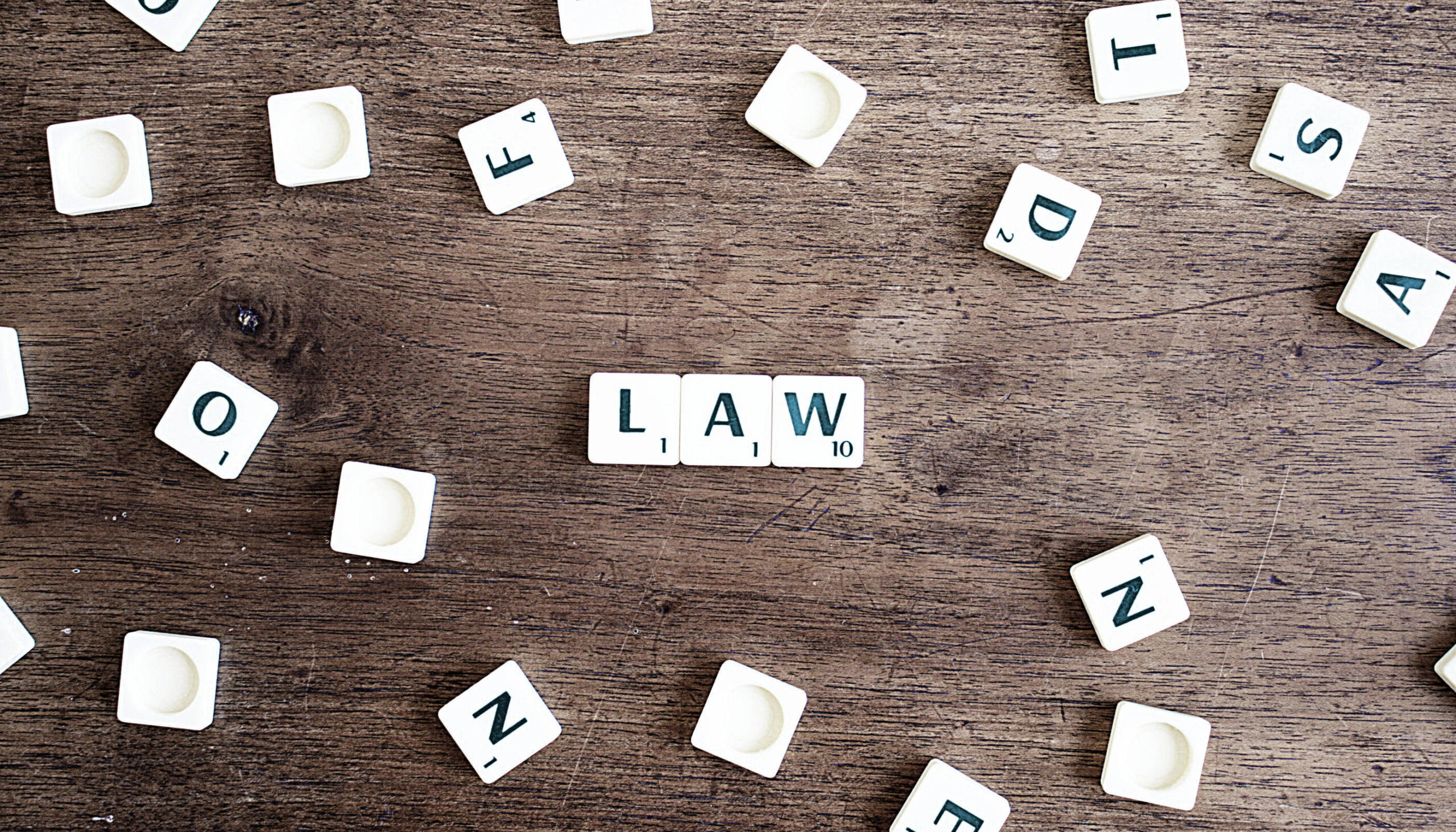“Every Education Act since 1870 has clearly intended to place upon parents a substantive duty to educate their children. Therefore, if it were ever found that some legal loophole made that duty vacuous or unenforceable, Parliament would rush to plug the loophole.”
– Sarah Fitz-Claridge
[Please note: this is a historical article dating back to 1997; it is here just for interest, and it absolutely should not be construed as legal advice. If you need legal advice, consult a solicitor.]
Some home educators have recently become rather worked up about the landmark case of Phillips v Brown (20 June 1980, unreported, Divisional Court). They have even considered telephoning Lord Donaldson to complain about his “bad judgment”! What is all the fuss about?
School is not compulsory. Education is, and until Phillips v Brown there was an unresolved contradiction in the duties of Local Education Authorities (LEAs) under the relevant legislation. On the one hand, they must ensure that each child receives suitable education (then s 37(1) of the 1944 Education Act, now s 437(1) of the 1996 Act); on the other hand, the Act entitles them to take action only “if it appears” that the child isn’t receiving a suitable education. But how can they “ensure” anything without taking any action?
A home educating father, Phillips, had refused to give the LEA (Local Education Authority) any information when they contacted him and argued in court that since they therefore knew nothing about his son’s education, it could not have “appeared to them” that he was in breach of his s 36 duty (now section 7 of the 1996 Act) to cause his child to receive suitable education.
Interpreting terms in a commonsense way, one cannot logically fault Phillips’s argument. But law does not always give the same meanings to terms as everyday English—and whatever Judge Donaldson had decided, he would have had to re-interpret something. For instance, if Phillips’s argument had succeeded, anyone wishing to evade their legal duty to educate could have merely refused to give any information to the LEA and the LEA would have been unable to do their “ensuring” duty. In effect, education would no longer have been compulsory.
Do I hear you all shouting “hooray”? I sympathise, but I think that would be a mistake. To avoid confusion, let me stress that I am implacably opposed to compulsory education, whether at school or otherwise. Nevertheless, universal compulsory education currently has overwhelming popular support as well as endorsement from almost every sphere of intellectual life. Every Education Act since 1870 has clearly intended to place upon parents a substantive duty to educate their children. Therefore, if it were ever found that some legal loophole made that duty vacuous or unenforceable, Parliament would rush to plug the loophole before you can say “tough love”. And it is hard to imagine how legislation with such an intention could possibly make life easier for home educators.
Donaldson’s masterful judgment in Phillips v Brown spared us that necessity. On the one hand, he laid down clear limits to LEA powers which are extremely positive for home educators, giving a list of three things the parent can do—either provide evidence “that it could not have appeared to the LEA that the parent was in breach of his s 36 duty, or … that it was expedient that the child should attend school…”; or they could bring evidence to show that the child is being properly educated. And the court is entitled to override the LEA’s judgement about this, even though the Act refers to how “it appears” to the LEA. On the other hand, Donaldson reinterpreted “if it appears” so that it no longer contradicts LEAs’ other duty. He said that even if there is no evidence, an LEA is entitled to write to a parent informally asking for information. If they do not receive any, they may (but need not) regard that as evidence that the education is insufficient. So now parents can’t use Phillips’s tactic of just refusing to provide evidence. But the judgment could hardly have been better for home educators and still be consistent with the political imperative that education be compulsory.
See also:
- Hand wringing instead of intervening?
- Treat information about local education authorities with caution
- Deschooling Society, by Ivan Illich: a book review
Sarah Fitz-Claridge, 1997, ‘Home education law—Phillips v Brown’, Education Otherwise, https://takingchildrenseriously.com/home-education-law-phillips-v-brown
